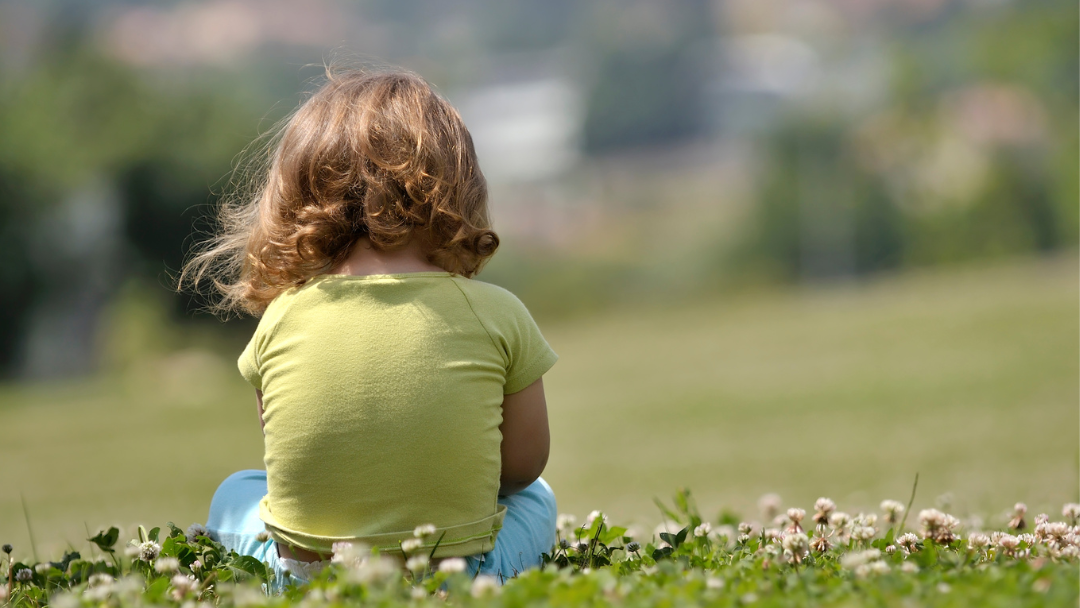We have looked at grief with regard to not acknowledging our feelings; “don’t feel bad” which did NOT work and led some well-meaning family and/or friends to encourage us to replace the loss. That leads to the premise that someone new or something else will make us feel better. Oh my word, just writing this makes me want to get to a pound cake STAT! lol…
These two myths lead very nicely into “Grieve alone”.
Here’s a scenario that might typically generate this belief. A teenager is at school. A note comes in from the office. The teacher pulls the child aside and tells them their beloved grandparent died. When the child starts crying the teacher suggests that they go to the office so that they can “be alone”. What the child might have thought was “I want some of my good friends around me to console me and hold me. I don’t want to sit in the office alone!” Finally after what seems an eternity the child gets taken home. Making a beeline to a parent for comfort, the child is stopped by a friend or other family member. They tell them that their parent needs to be alone and that they will be “fine” (AKA: freaked out, insecure, neurotic, emotional) in a little while. So, the child goes to his room. It must be the way to grieve; alone.
This multigenerational pass-through, teaching what we know, is what we tend to do. We share what we have been taught without question or scrutiny. Now, many of these things that are passed on, are good. However, when we are young we have no process to filter the beliefs we are being taught. When we grow up and life challenges us, we revert to those beliefs we were taught as we grew up. Often a younger version of ourselves shows up “emotionally” and tries to use these past tools to remedy the issues. Well, in my mind that’s like having your eight-year-old drive our bus! Not effective… Loss is inevitable… What doesn’t have to be inevitable is the continued passing of misinformation.
Since we are talking about children, let’s relate this to the infant. What does an infant do in discomfort of any kind; They cry. They let you know they have a need. The result is that we attend to their needs. Would you ever say to the infant, “Stop crying or I will give you something to cry about”? NO! We attend to their needs to the best of our ability. And they do not grieve alone! When we say that to a child as they grow older we give them a sense that they can not trust their feelings! This does not mean they behave as infants. They have grown and have learned skills to communicate. What is needed is safety to express their feelings with a range of emotions.
Let’s finish this blog up with how this might equate to the adult world and relationships. A man comes home from work and asks his wife, “How was your day?’ She snarls… (This could be reversed; someone had a bad day!) This is actually a safety issue. The woman (or man) has experience with previous conversations and her/his feelings were not acknowledged. Maybe she/he heard, “Don’t feel bad.” This could be followed by comparisons. “People have it harder in other places.” “Ugh! I am aware of that. I just need to discuss my feelings…” We can see the spiral this might put a relationship in. Parents, children, mates, friends, and co-workers all want to share their feelings about safety! This is the key to breaking the cycle. We don’t need to fix their feelings. We need to acknowledge them!!
